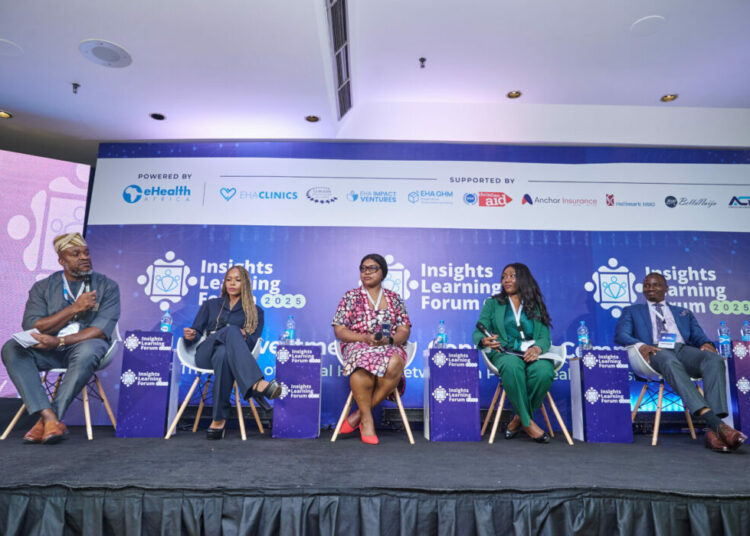As global attention turns to the United Nations General Assembly (UNGA80) in New York, African-led organisations have highlighted the continent’s innovation on the world stage.
eHealth Africa (eHA), building on its leadership from the Insights Learning Forum (ILF) 2025, is convening a high-level side event in partnership with Population Services International (PSI), Population Council and Reach Digital Health to showcase Africa’s leadership in shaping sustainable futures through homegrown solutions.
The dialogue, “African-led Innovation: Shaping Sustainable Futures With or Without Aid”, will hold on September 24, 2025, from 3:00 to 5:00 pm EDT at the Population Council, New York. Hybrid participation is available. Register for free here: https://luma.com/idpc8rkc.
The session, which will be moderated by Hon. Chernor Bah, minister of Education for Sierra Leone and global advocate for youth empowerment, will take place against the backdrop of declining donor funding, rising global inequalities, and the urgent need for Africa to lead in designing and implementing digital innovations for sustainability, whether or not foreign aid is available. The side event will amplify Africa’s ingenuity and leadership in charting a new development path.
The dialogue, hosted in partnership with eHealth Africa, Population Services International (PSI), Population Council and Reach Digital Health, is pivotal for global development. In 2025, donor funding has faced unprecedented cuts, with a 17 per cent decline in Official Development Assistance and the near-total withdrawal of the United States from its role as the world’s most significant aid contributor.
This event builds on the outcome of the Insights Learning Forum (ILF) 2025, hosted by eHealth Africa. At that forum, stakeholders called for harmonised digital health strategies, locally driven investment, and stronger domestic resource mobilisation. Building on that momentum, the UNGA80 side event will challenge Africa to take bolder and more deliberate steps toward a sustainable future.
Speaking ahead of UNGA80, the executive director of eHealth Africa, Atef Fawaz, emphasised the need for Africa to continue demonstrating resilience, sovereignty and creativity across sectors for a sustainable future.
Atef said, “This is beyond just conversation. It’s an urgent call to action – a challenge to stakeholders across sectors to take bold steps to deepen collaboration, pool resources, and adopt adaptive strategies to sustain impact.”
He added, “eHealth Africa is excited to champion this critical action with like-minded organisations. We are bringing together industry leaders and think tanks to call for stronger partnerships that put African innovation at the centre of sustainable development.”
In his remark, Michael Holscher, President of Population Services International (PSI), noted that African innovation is transforming health delivery across the continent and beyond.
He said, “The most powerful solutions come from people with lived experience, led by experts, building systems designed for true health sovereignty.”
Michael says, “Population Services International (PSI) is honoured to stand with our partners driving this unstoppable momentum of African ingenuity, advancing progress with or without external aid.”
The chief executive officer (CEO) of Reach Digital Health, Debbie Rogers, reiterated this notion, saying, “Africa-led, user-centric solutions are delivering measurable gains across the continent, from frontline services to national platforms. To accelerate this progress, we need deeper collaboration and sustained investment.”
“We are continuously inspired and proud to work alongside many outstanding organisations and ministries to innovate and scale what works, building the next generation of people-centred digital health,” she added.
As convener of the dialogue, eHealth Africa, together with Population Services International (PSI), Population Council, and Reach Digital Health, calls on stakeholders across civil society organisations, the private sector, innovators, academia, and governments to support and fund African-led innovation, while ensuring that health and development solutions are nationally owned and community-driven.





